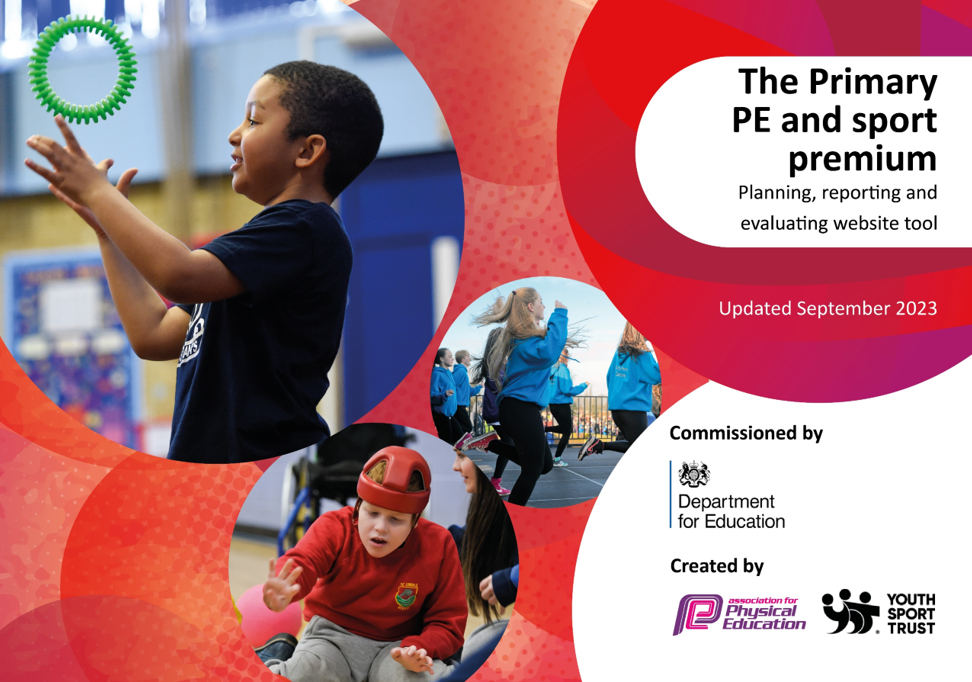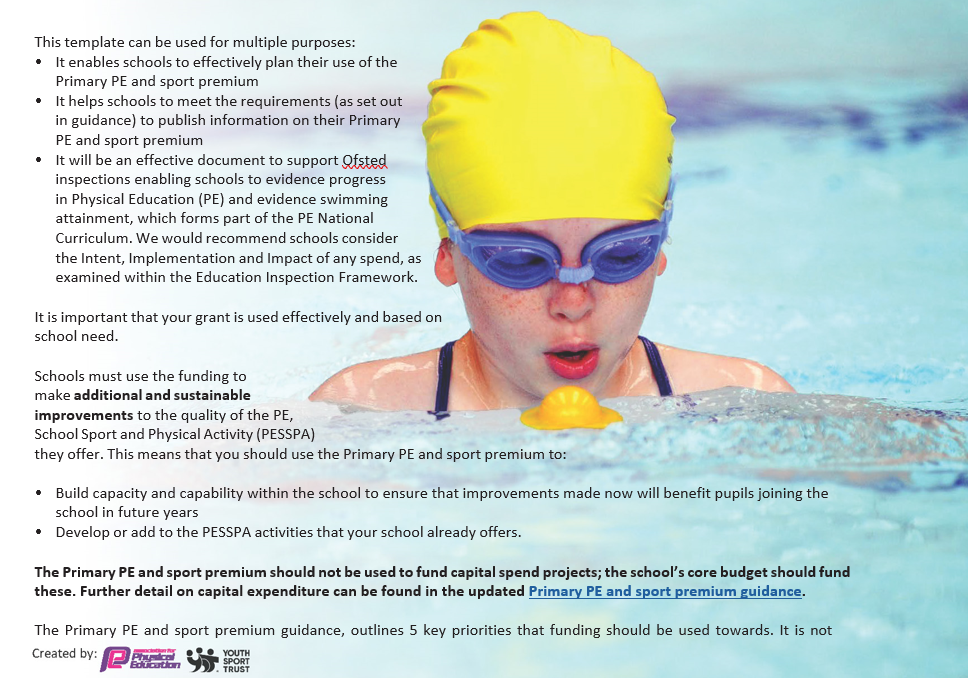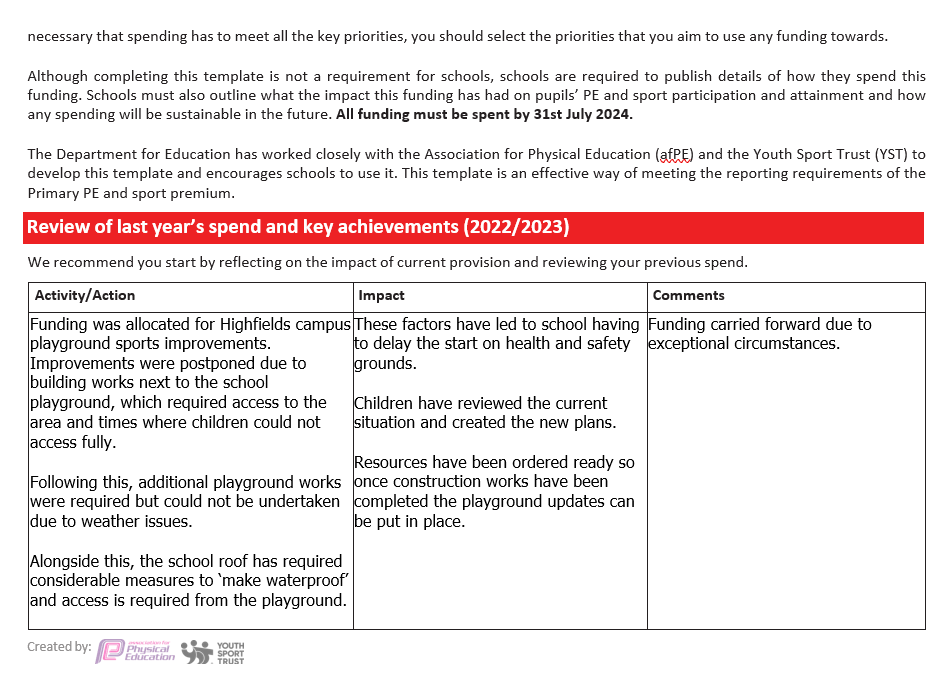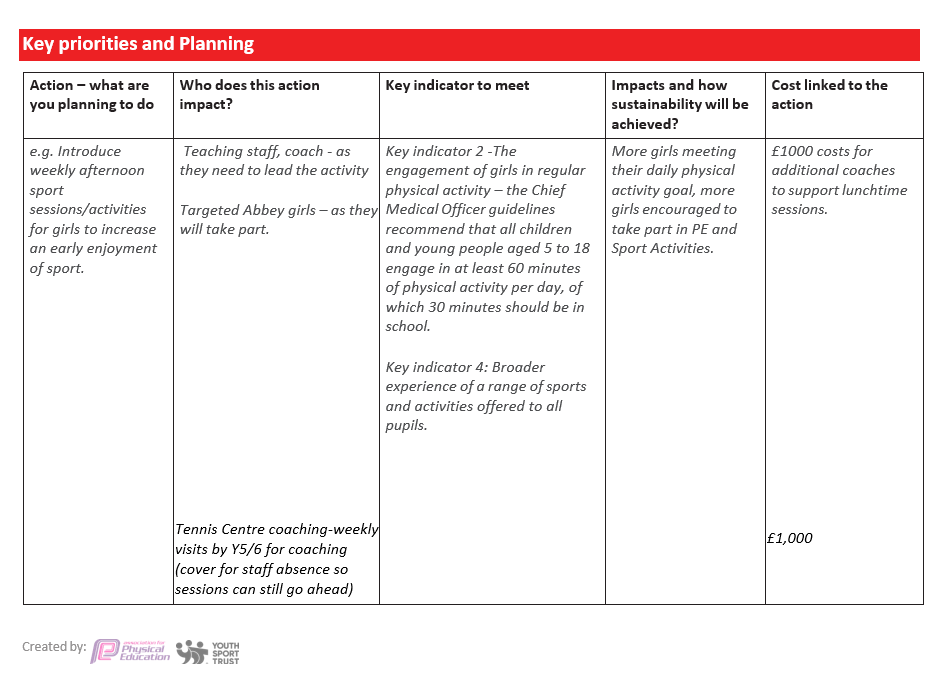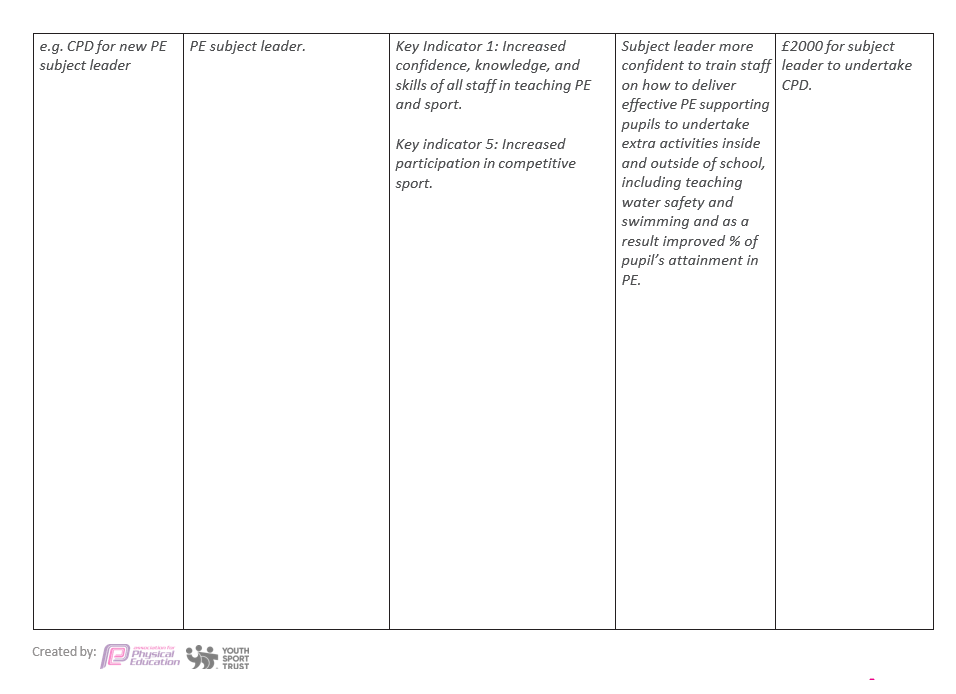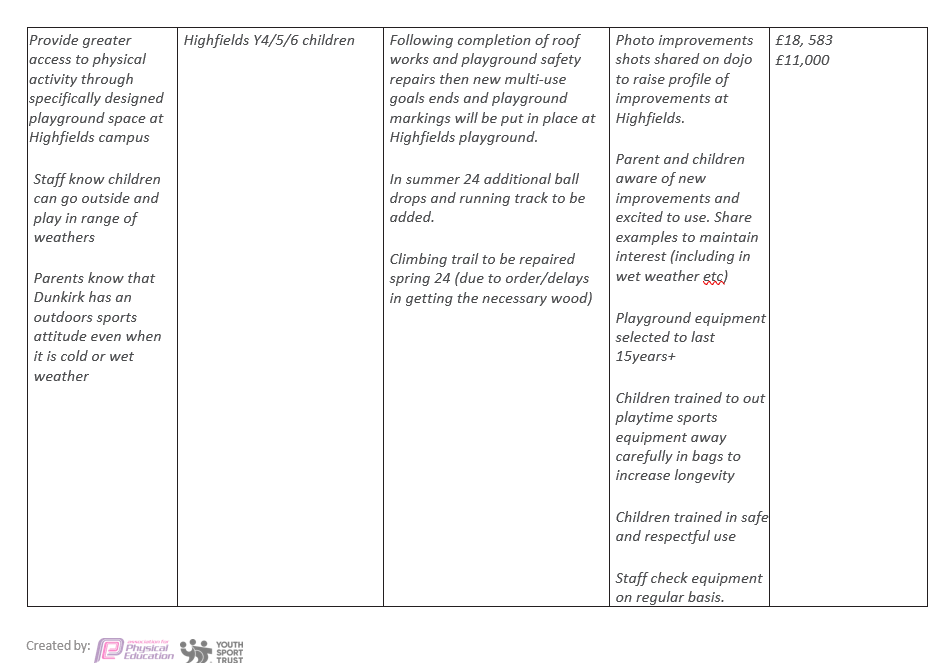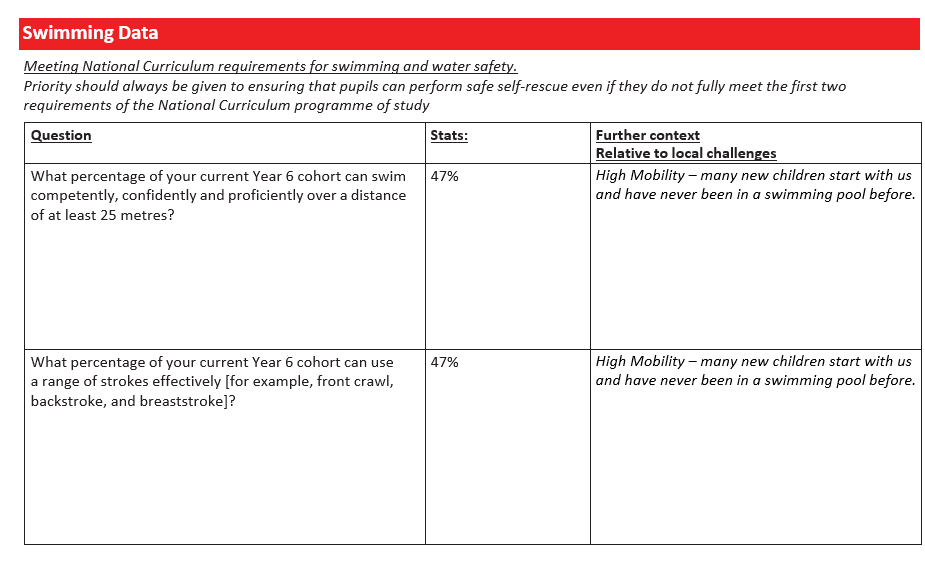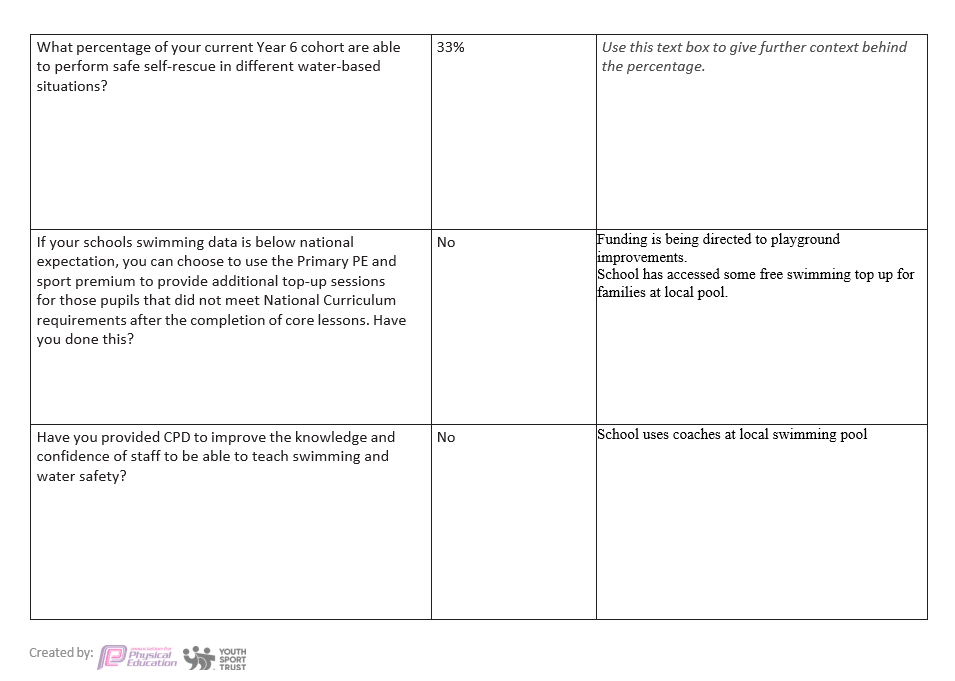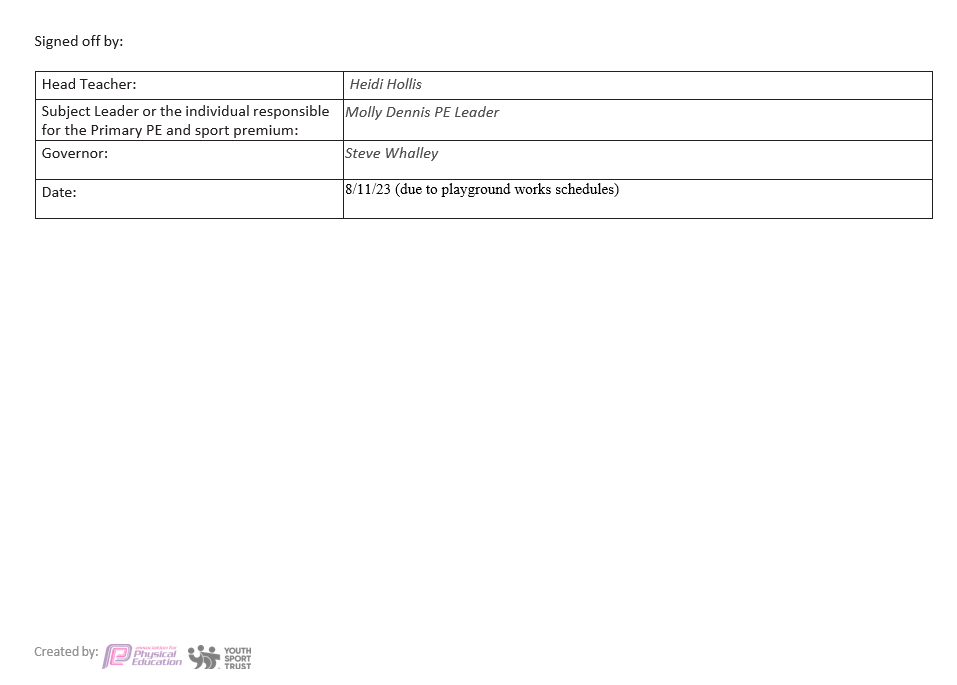Sports Premium

Dunkirk Primary School has been receiving sports premium funding since 2013, which has been spent on employing a PE and Sport Specialist to support staff development, strengthen our curriculum provision in PE with a set scheme provision, improving our sports equipment and increasing our participation in out of school sports opportunities. Our reporting tool, Evidencing the Impact of the Primary PE and Sport Premium can be found by scrolling to the bottom of the page.
The PE leader in school has implemented a planned approach to the teaching and learning of sports skills, as well as health and well-being with our campus Well-being Ambassadors.
The impact of this funding for our PE curriculum and sports provision has been vast and provided sustained impact:
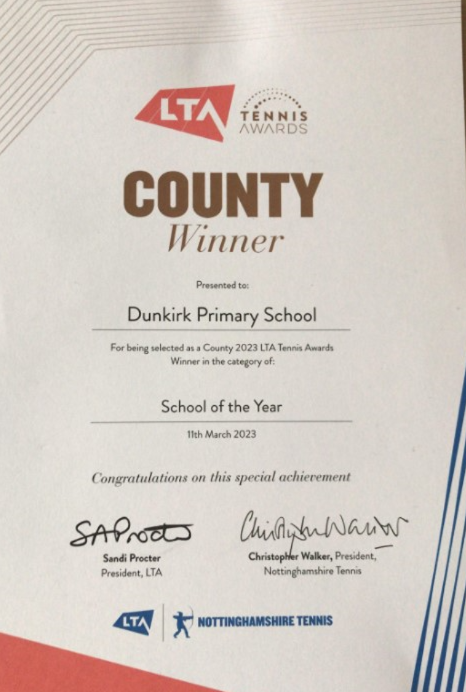
- PE is being taught regularly in the curriculum with more enthusiasm and passion than ever before
- Abbey Campus has net permanent goals / net provision
- Dunkirk has been celebrated by the LTA as Nottinghamshire School of the Year thanks to the commitment and dedication of our staff
Dunkirk has a long and proud tradition of playing games and sports outside in all weathers. This is linked to work alongside our Erasmus partner school in Finland and use of the sports premium funding to help create children who use the Dunkirk PRIDE values in their indoor and outdoor sports learning.
